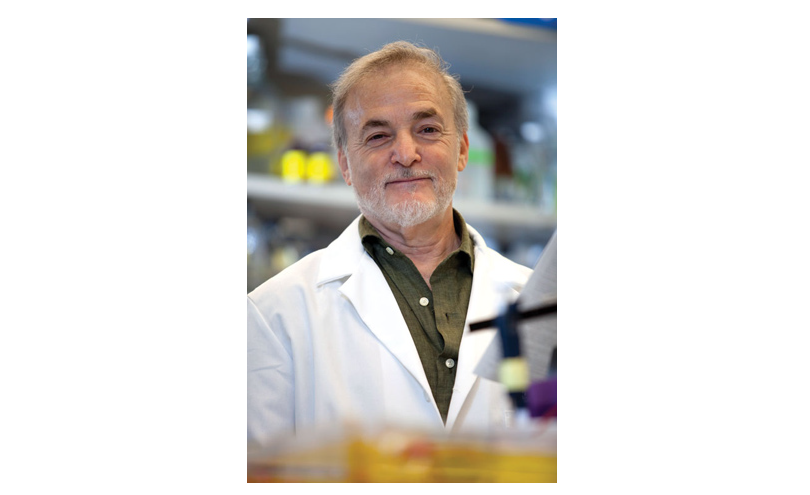Stephen Baylin elected to the National Academy of Sciences, USA
We are proud to announce that Prof. Stephen B. Baylin, Officer at the Cancer Epigenetics Society and Editor of Cancer Epigenetics, was elected to the National Academy of Sciences, USA. This distinction is in recognition of his work in basic and applied research in the fields of epigenetics and cancer epigenetics. Prof. Baylin has [...]









